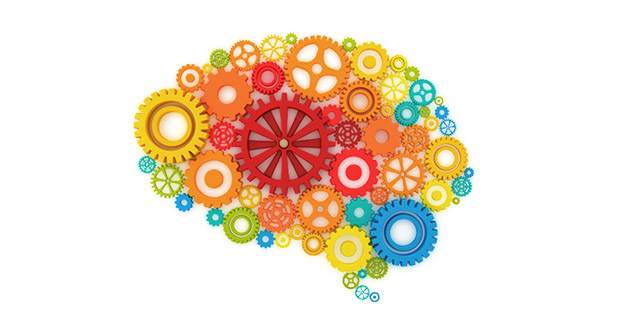
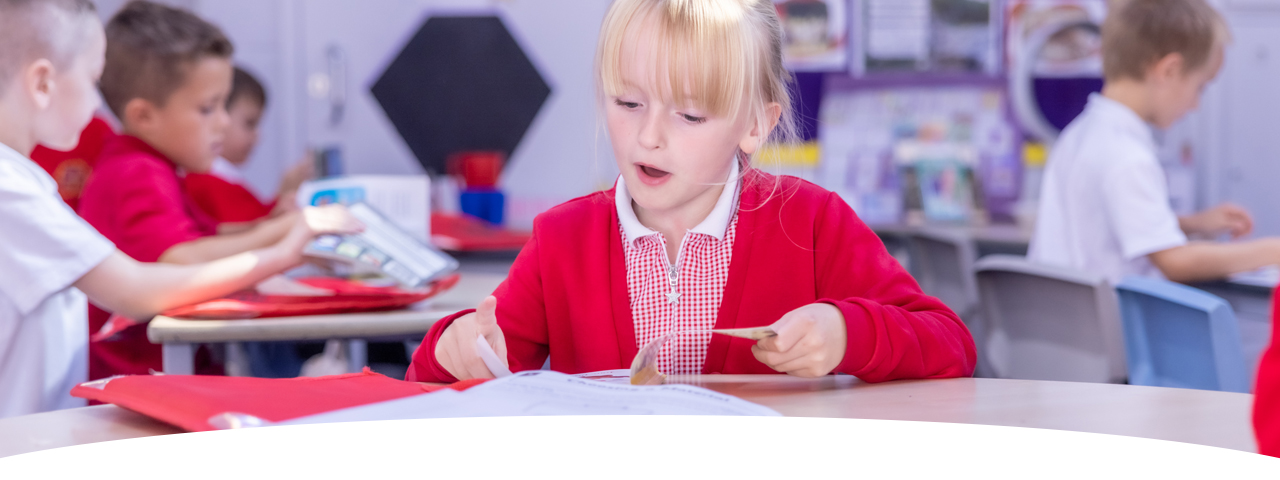

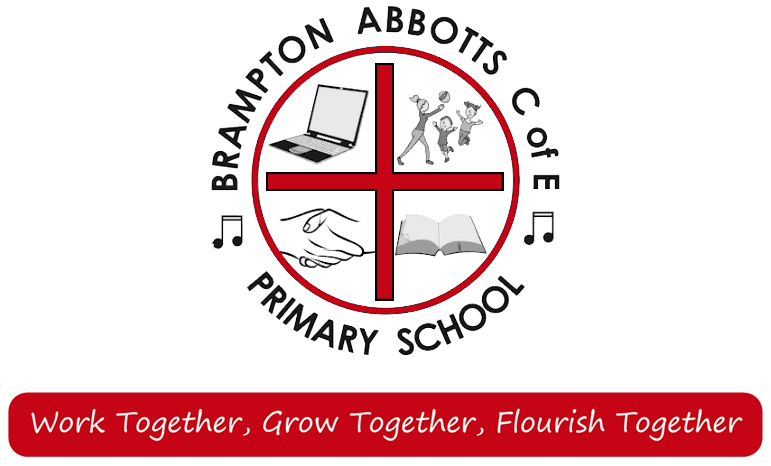
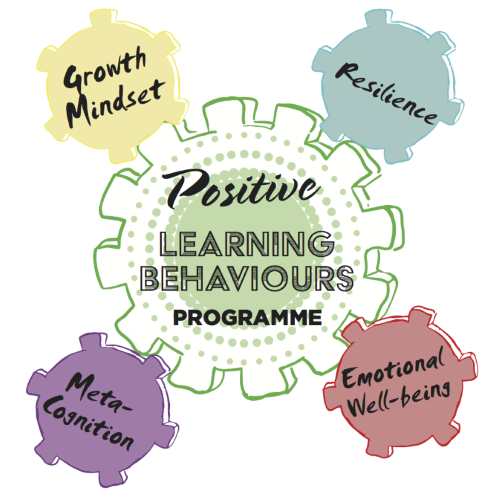
At Brampton Abbotts Primary School, we strongly believe that all children should be active and engaged learners who enjoy the challenges of new learning. Instilling resilience and a positive attitude to learning is at the heart of what we do.
We have been working to embed a ‘Growth Mindset’ into our school’s culture and ethos with the help of local growth mindset experts ‘Imagine for Schools’. The growth mindset philosophy comes out of research done by Professor Carol Dweck into how people and children learn effectively. A growth mindset is one which understands that making mistakes is essential in making progress - in fact ‘stretch mistakes’ are celebrated! Essentially, the best learning is done when we are out of our comfort zone in the learning ‘stretch’ zone.

We help our learners to recognise the inevitability of ‘struggle’ in good learning. In order to climb that mountain, we have to be in the valley first – a place where we may be a little confused and unsure but relishing the climb ahead. We use the image of a valley and the climb to represent the amazing sense of achievement that reaching the top will bring but also knowing that the next valley and climb will await us shortly!

Conventional wisdom often involves praising children regardless of effort and progress and is also often achievement based. Growth mindset does not praise the person but instead acknowledges good choices and significant effort that they have made. For example: if we praise the person with ‘Well done, aren’t you clever, you’re a natural’, we are implying that any achievement is not down to hard work and effort but instead is something that we are born with. It also implies that if that person does not do well in something, they are somehow a failure as a person. At Brampton Abbotts we are much more likely to say something like ‘Well, done, you’ve worked hard and made some good choices,’ implying that a person can always improve and achieve by putting in right effort and making sensible choices. If the person fails to achieve something they know it is not a reflection on them as a person but more on the choices they made and the effort they chose to put in.
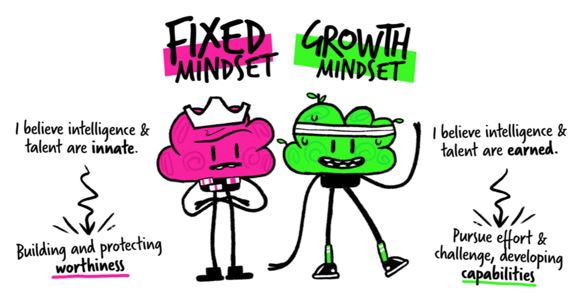
We believe that it is crucial to develop a culture where our pupils embrace, seek and relish challenge whether it be in the classroom or outdoors during playtimes, physical education or when ‘outdoor learning’.
Alongside this cultural develop is our support of children’s emotional resilience – we recognise that when we fail this helps us learn and develop and we work carefully to celebrate this type of learning.

Our aim is to give our children the tools to help them realise that there are negative outcomes in some approaches to learning but that positive outcomes will always outweigh them if given the right opportunity to be realised.

It is increasingly important to ensure that our children are able to manage a variety of situations both in school and in the wider world.
We work to support emotional resilience and wellbeing so that our children can recognise their own emotions and how to begin to manage them to help them learn and get on. We are developing a process where we encourage children to reflect, name and then deal with their emotions in a supportive environment. This goes hand in hand with creating a culture of staff wellbeing that helps to support the whole school community.
This is also known as ‘learning to learn’. Children can sometimes feel that their education rests on the shoulders of their teachers, instead of the learners themselves. We are beginning to work to change children’s perspective and the learning focus to one that empowers children to:
